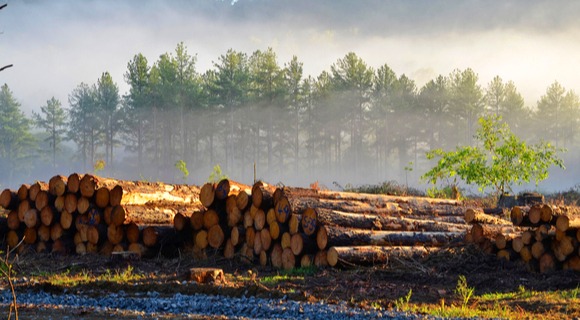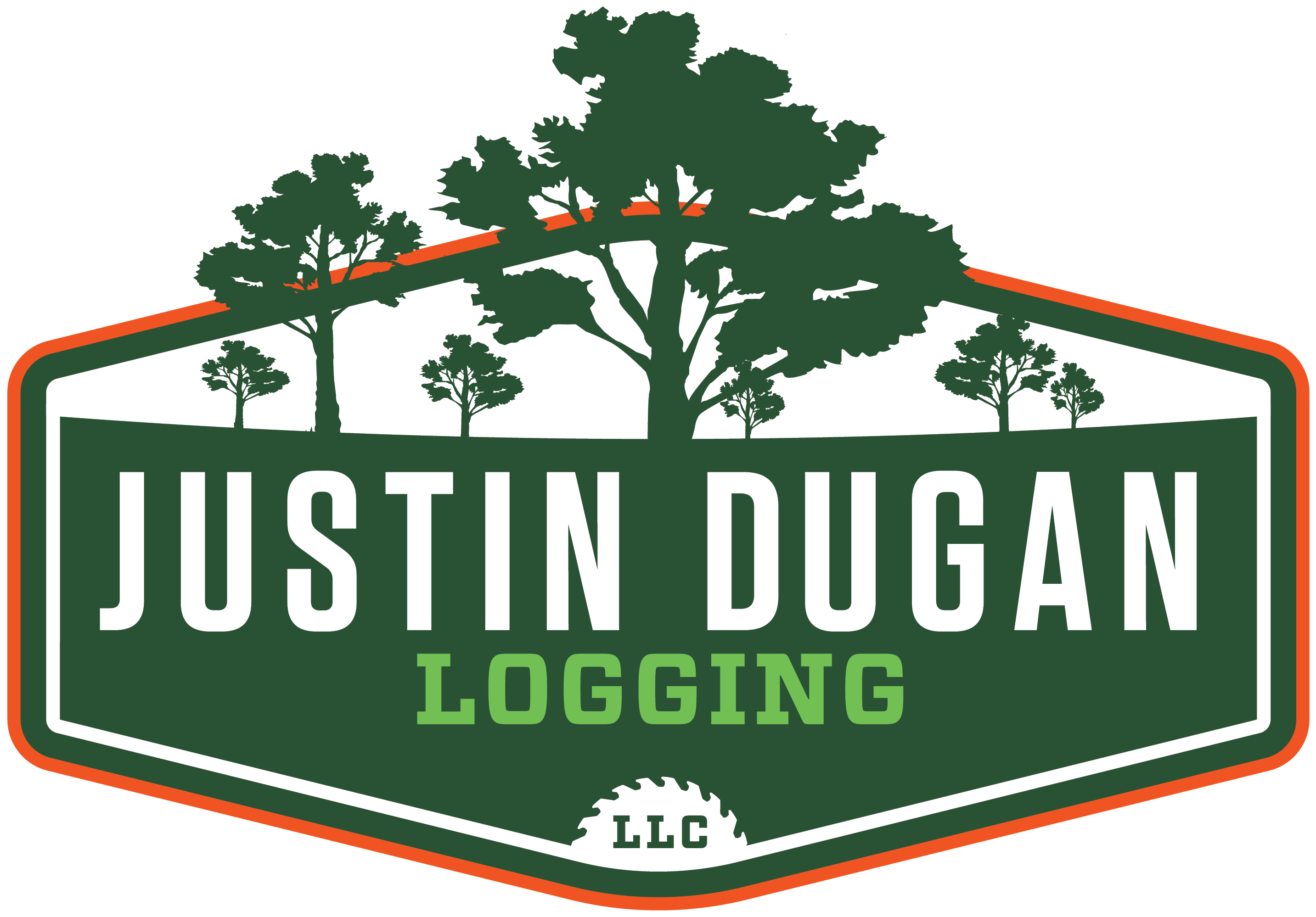The Benefits of Logging for Landowners

Maximizing Property Value and Promoting Sustainability
Logging is often seen as a valuable resource for landowners, offering more than just the financial benefits of timber sales. When done correctly, logging can have a positive impact on your property’s overall health, functionality, and sustainability. Here’s a look at some of the key benefits logging provides to landowners.
1. Promoting Forest Health: A Sustainable Approach to Land Management
Proper logging practices are crucial for the health of a forest. By carefully removing diseased, overcrowded, or damaged trees, landowners can improve the overall health of their forest. This practice encourages new growth, which helps to maintain a thriving and sustainable ecosystem. Logging allows for better spacing, reducing competition for resources like water and sunlight, ultimately leading to a healthier, more robust forest.
2. Effective Land Management: Clearing Space for Future Growth
Logging can play a vital role in land management. It can clear space for new developments such as agricultural land, recreational areas, or even residential spaces. Whether you’re clearing a plot for farming or enhancing recreational access, logging offers the means to optimize the land’s use. Additionally, it helps in maintaining a balance between different land uses by controlling underbrush and removing older, overgrown trees.
3. Creating Wildlife Habitats: Enhancing Biodiversity
Thoughtful logging can be an excellent tool for enhancing biodiversity on your property. By selectively removing certain trees or thinning out areas, landowners can create a variety of habitats for different wildlife species. These spaces can attract a range of animals, promoting a more diverse ecosystem. Logging, when done with an eye for conservation, can encourage a flourishing wildlife population that adds value to your land both aesthetically and ecologically.
4. Fire Prevention: Lowering Wildfire Risks
One of the most important benefits of logging is fire prevention. In areas prone to wildfires, excessive vegetation and dead trees can act as fuel, making the spread of fire more likely. By reducing this overgrowth and clearing deadwood, logging helps minimize the fire risk, protecting your property as well as the surrounding environment. Fire prevention through controlled logging is a proactive step that helps ensure the safety and longevity of your land.
5. Financial Income: A Valuable Resource for Landowners
Selling timber can be a substantial source of income for landowners, offering a significant financial return while still maintaining ownership of the property. Timber sales can help landowners maximize the value of their land, turning an otherwise unused resource into a steady stream of income. Whether you’re looking to invest in improvements on your property or fund other projects, logging can provide the financial flexibility to do so.
Conclusion
Logging is a powerful tool for improving forest health, managing land, creating wildlife habitats, and preventing wildfires. When done responsibly, logging can enhance the value of your property while promoting sustainability and environmental stewardship. Whether you’re looking to clear space for new projects or improve the overall health of your land, logging offers a wide range of benefits that landowners can use to their advantage.


